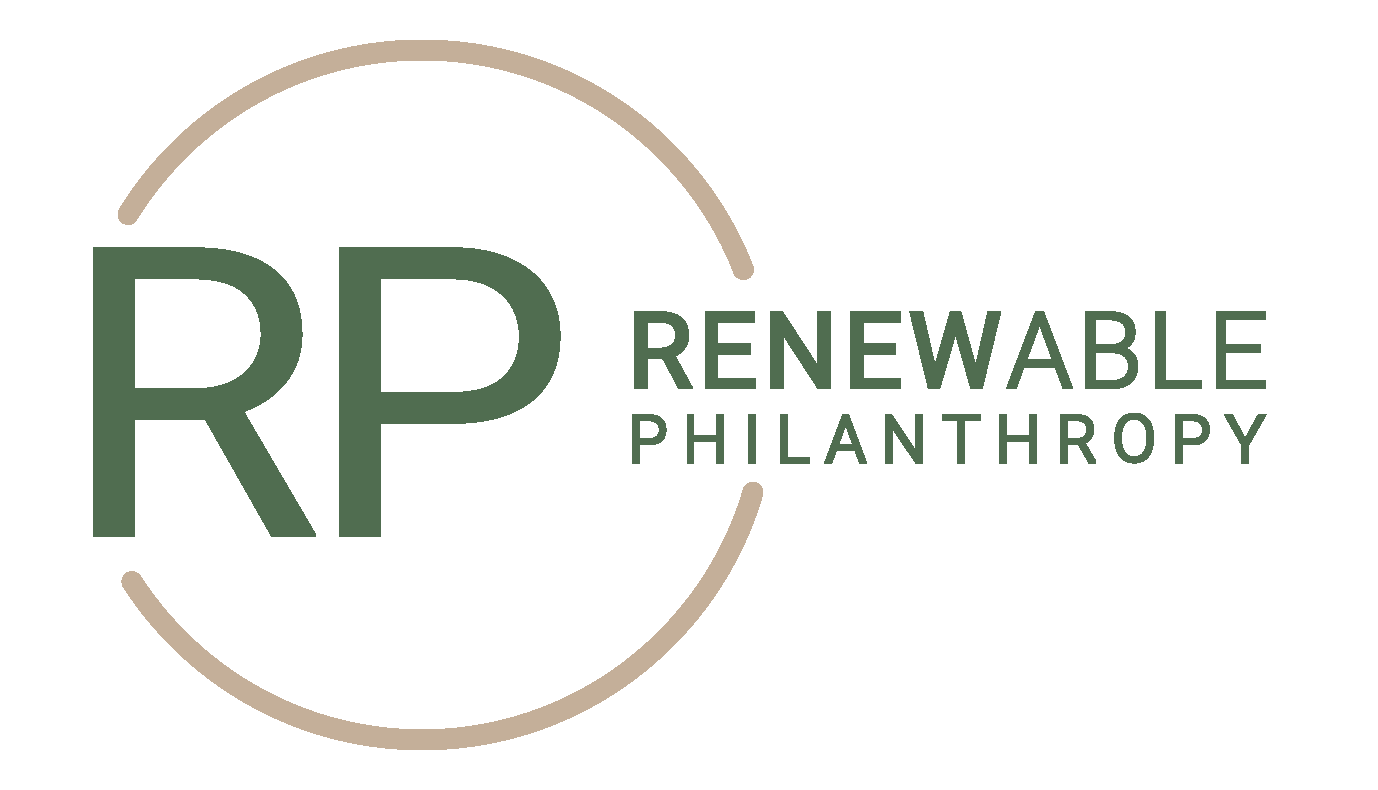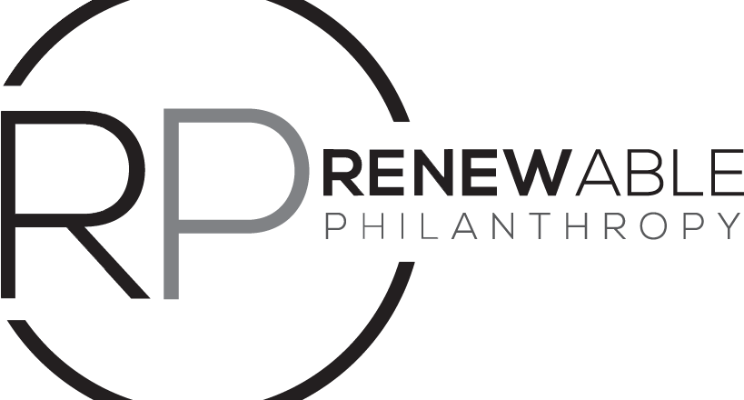This reflection presents how certain Gestalt principles of the Cape Cod Model©—Strategic and Intimate Interactions, Well-Developed Competencies/Less Developed Competencies— advanced at the Gestalt International Study Center (GISC), along with Beisser’s (1970) notion of “The Paradoxical Theory of Change,” can be used to frame the behavior within the “asking and giving” culture of philanthropy. These principles, in offering opportunities for change, would improve the experience of the “asker” and the “giver.” Philanthropy is more than the money. A resilient philanthropic culture is generated when people experience the joy and passion of working together in generous support of community.
Philanthropy and Farming – Renewal: A Shared Connection
Low Donor Renewal and Donor-Advised Funds. Is there a Connection?
Is this a crazy idea? Let’s look a little deeper. Low donor renewal happens when people don’t make a meaningful connection with the benefits of their gift. Donor-advised funds are managed by professional investment managers who work for the donors investing their philanthropy. The donor doesn’t need to have any relationship with the development professional, executive or other leaders.
Retain gifts or Renew donors???
Where’s the focus: The Donor or Their Money?
There is so much pressure to meet financial goals, who has the time to learn a person’s real interest and connection to the mission? It seems less complicated to keep telling people of the need for money and get as many people as possible to make a gift. It’s easier to learn what triggers a person’s interest to make a gift. We have become very skilled at getting the first gift.
Rethinking the Culture of Philanthropy with Donors Renewing at 90%
Who doesn’t want donors to renew their giving. What keeps it from happening?
When money is raised and goals are met without many donors renewing, the pressure to increase donor renewal is low. The culture of fundraising is focused on getting money and the experience of giving for the donor is that of ma,/p>king a random gift of kindness. With the lack of meaningful connections donors have little motivation to renew.
Is it possible that donor renewal doesn’t really matter that much?









